The UK car industry has put forward five automotive priorities that it wants the next government to address over the next five years – and they include securing continued access to the European single market following Brexit.
The report has been issued by the Society of Motor Manufacturers & Traders (SMMT) in the run-up to the general election on 8 June.
As well as reaching a new trade agreement with the European Union (EU), the list includes: ensuring a globally competitive business environment; the development of a long-term industrial strategy that specifically addresses automotive; support for sustainable mobility and ultra-low emission vehicles (ULEVs); and policies to ensure the country benefits from developments in connected mobility.
Mike Hawes, the chief executive of the SMMT, said: “British car manufacturing remains in good health with the production outlook still very positive and significant new models due to go into UK production shortly.
“To guarantee future growth and investment into our industry and its vital supply chain, however, we need the next government to safeguard the conditions that have made us globally competitive, keeping us open and trading and delivering an ambitious industrial strategy for our sector.”
A total of 1.7 million cars were built in the UK in 2016, an increase of 8.5% from 2015 and the highest output since 1999. The automotive industry accounts for 12% of total UK exports.
SMMT reiterates Brexit threat
The SMMT has repeatedly warned of the potential harm to the UK car industry if access to the European single market is not reached post-Brexit. Figures show that 57.5% of cars exported from the UK in 2015 went to the EU, with 81.8% of cars imported into Britain originating from there.
The report cites World Trade Organisation figures that the introduction of a 10% tariff on exports to and from the UK could cost the industry £4.5 billion and add £1500 to the price of every imported car.
The SMMT has also called for the future government to ensure the UK automotive industry has unrestricted access to the EU workforce.

Calls for investment in ULEV infrastructure and incentives
The SMMT’s priorities also call for the future UK government to “take a technologically neutral approach” to reducing carbon and pollutant emissions from vehicles that “allows motorists to choose from the full range of cleaner technologies being offered by the automotive industry”.

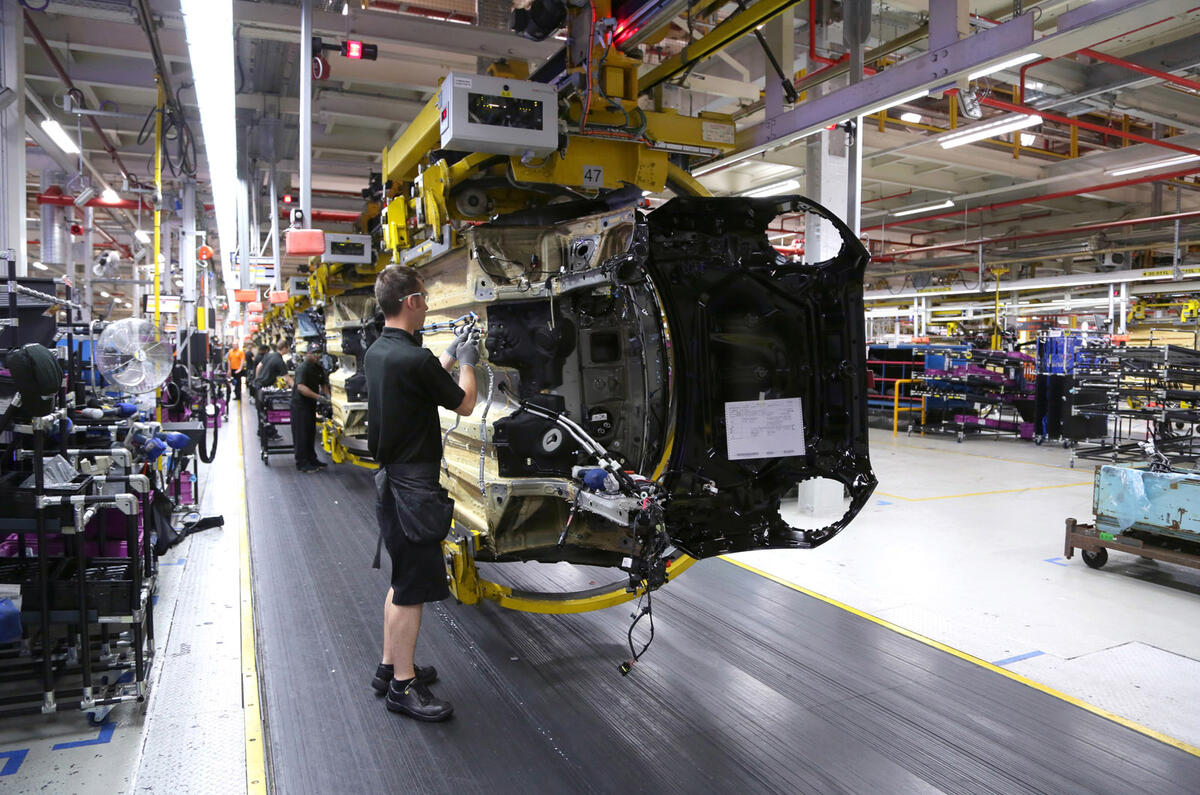

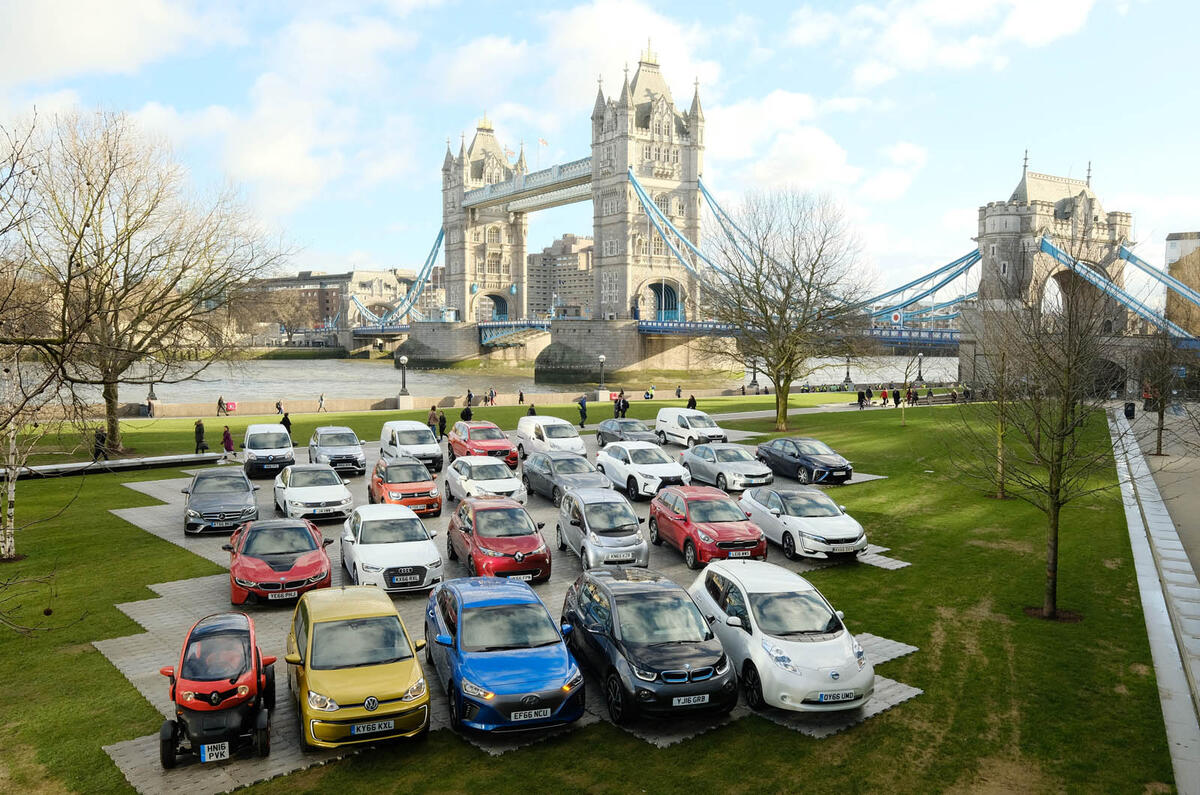
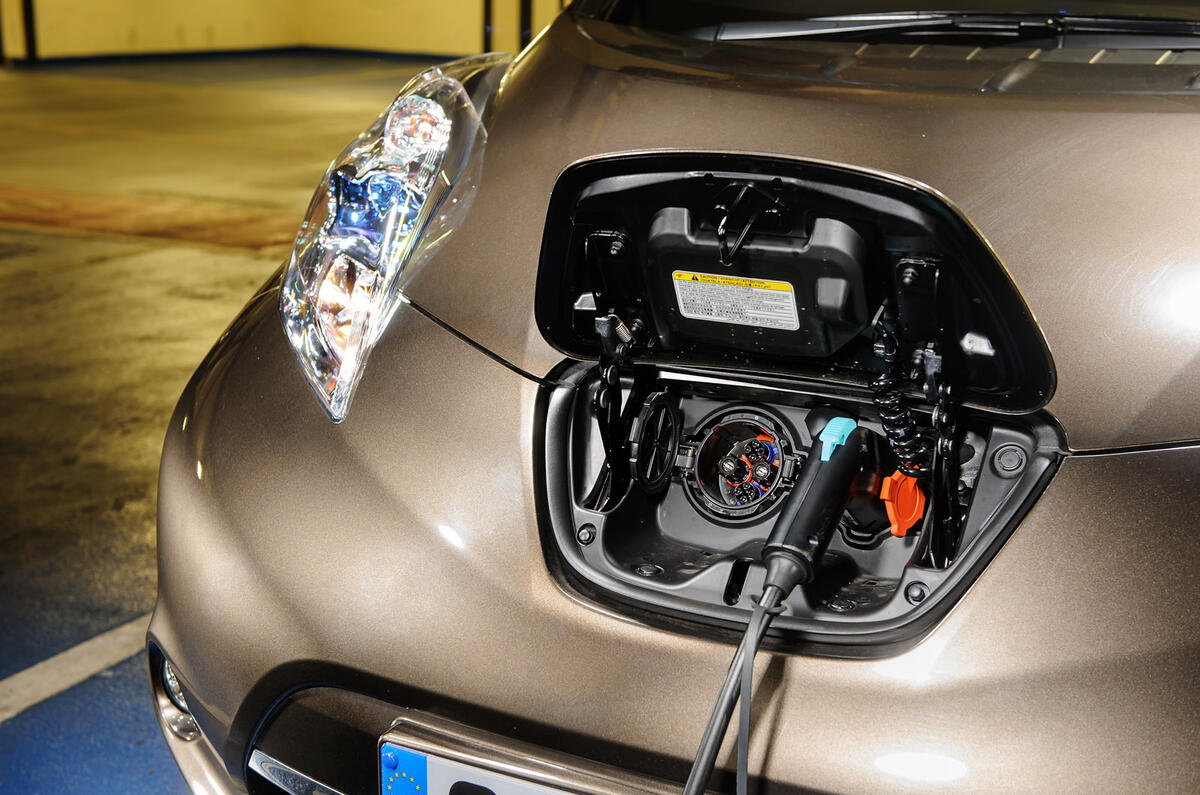
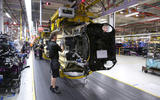




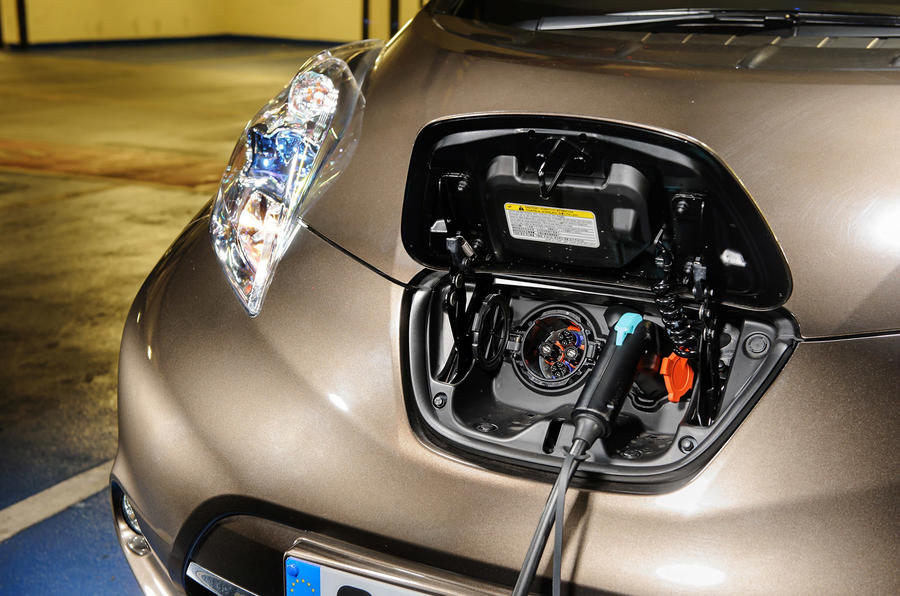

Join the debate
Add your comment
Both Nissan and Toyota have
Vauxhall is being bought by PSA, and the French don't have the most adamant track record of maintaining production in Britain.
This is the risk you take when you don't support your industrial base and sell it to the lowest foreign bidder.
Ireland are in the EU, speak
Nissan, Toyota & Honda should move their factories to Ireland!
£1500 a small price to pay on imports
So true
Buy British
I've been watching World at War repeats on the Yesterday Channel, too.
I'm never buying German or Japanese cars again.
Fully agree - buy British!!
R3d6 wrote:
Both Nissan and Toyota have been promised taxpayer-funded subsidies to compensate for falls in profitability.
Vauxhall is being bought by PSA, and the French don't have the most adamant track record of maintaining production in Britain.
This is the risk you take when you don't support your industrial base and sell it to the lowest foreign bidder.
You fail to understand that
This is no small price to pay.
autoindustryinsider wrote:
Typical remoaner scaremongering claptrap. If tariffs were to prevent us buying from them and them buying from us, UK manufacturing would receive an almighty boost in being asked to cater for the domestic demand.
In 2016 UK exports to the EU were approximately 758,361 (1,354,216 x 56% if you're struggling with the arithmetic). UK imports from Germany were 809,900 (compared to German exports to the whole of Asia, 701,300, and to the USA, 618,800).
That's just from Germany, by the way, not the whole EU, so we can expect that the German manufacturers and unions will be telling Merkel she'd better ensure no tariffs are put in their way. Merkel will tell the other twenty-six and when Merkel says jump they jump, as high as they are able, until she tells them to stop.
Bosch, Siemens, Neff, Bayer, Staedtler... The list is lengthy, of German companies who do well out of the UK and will not be looking to lose out on how highly regarded are German products in Britain.
You are correct about one thing. There is no small price to pay. There is no price to pay at all, in fact. Once out of the EU, the UK is going to start becoming prosperous again.
Damn, forgot the links
https://www.google.co.uk/url?sa=t&rct=j&q=&esrc=s&source=web&cd=1&cad=rja&uact=8&ved=0ahUKEwje4MCfzqnUAhWsJcAKHdHrBwgQFggkMAA&url=https%3A%2F%2Fwww.vda.de%2Fdam%2Fvda%2Fpublications%2F2016%2FVDA_Annual_Report_2016_en%2FVDA_03383_JB_2016_EN_Web.pdf&usg=AFQjCNFvdNlvReHls5JLivlCBPjrssmiAg&sig2=H0Es_UNXv9Q_V2D_GHYymA
Although the report is dated October 2016, the German export figures are for 2015.